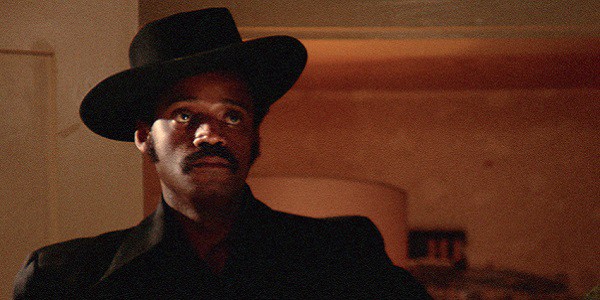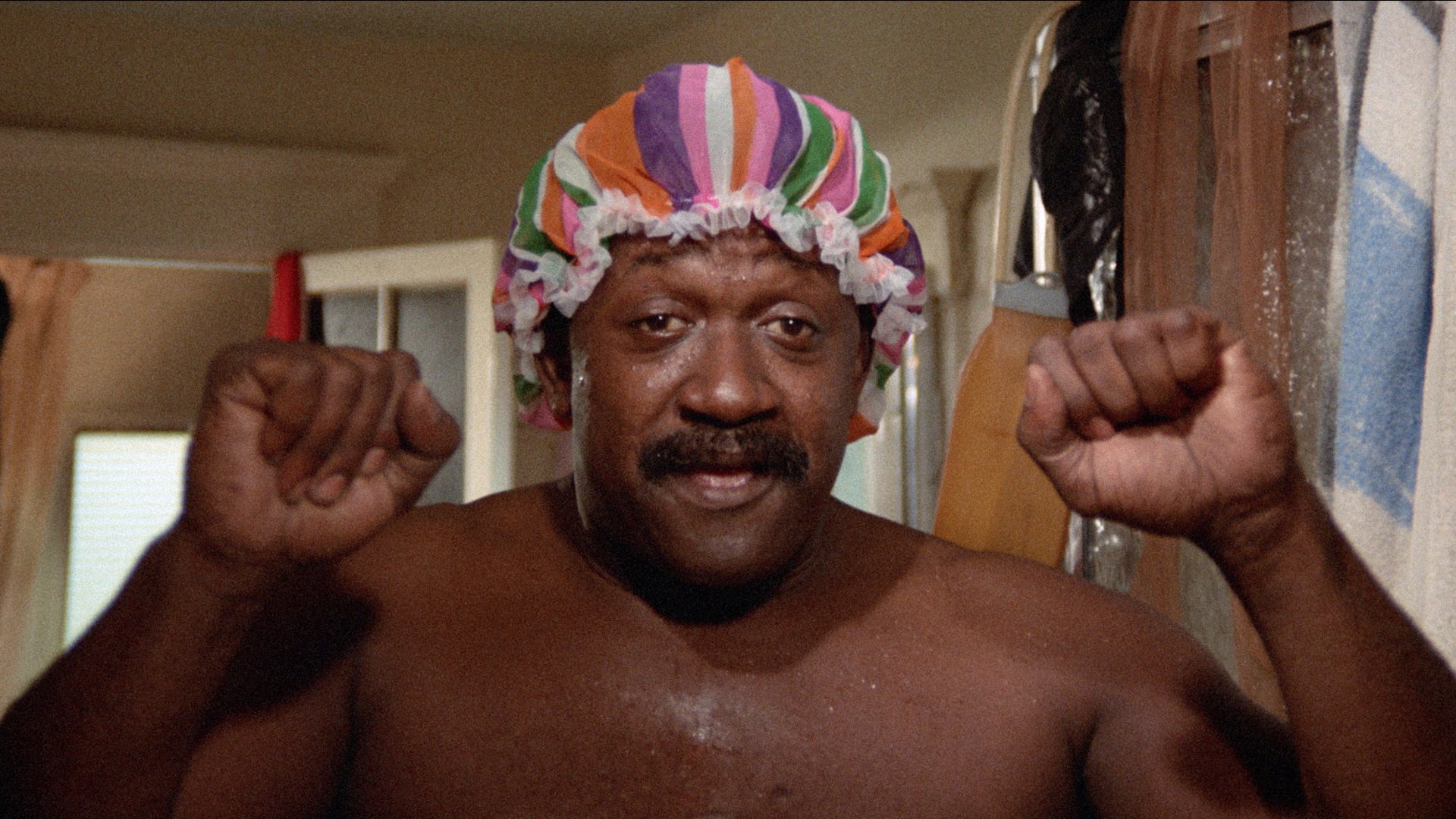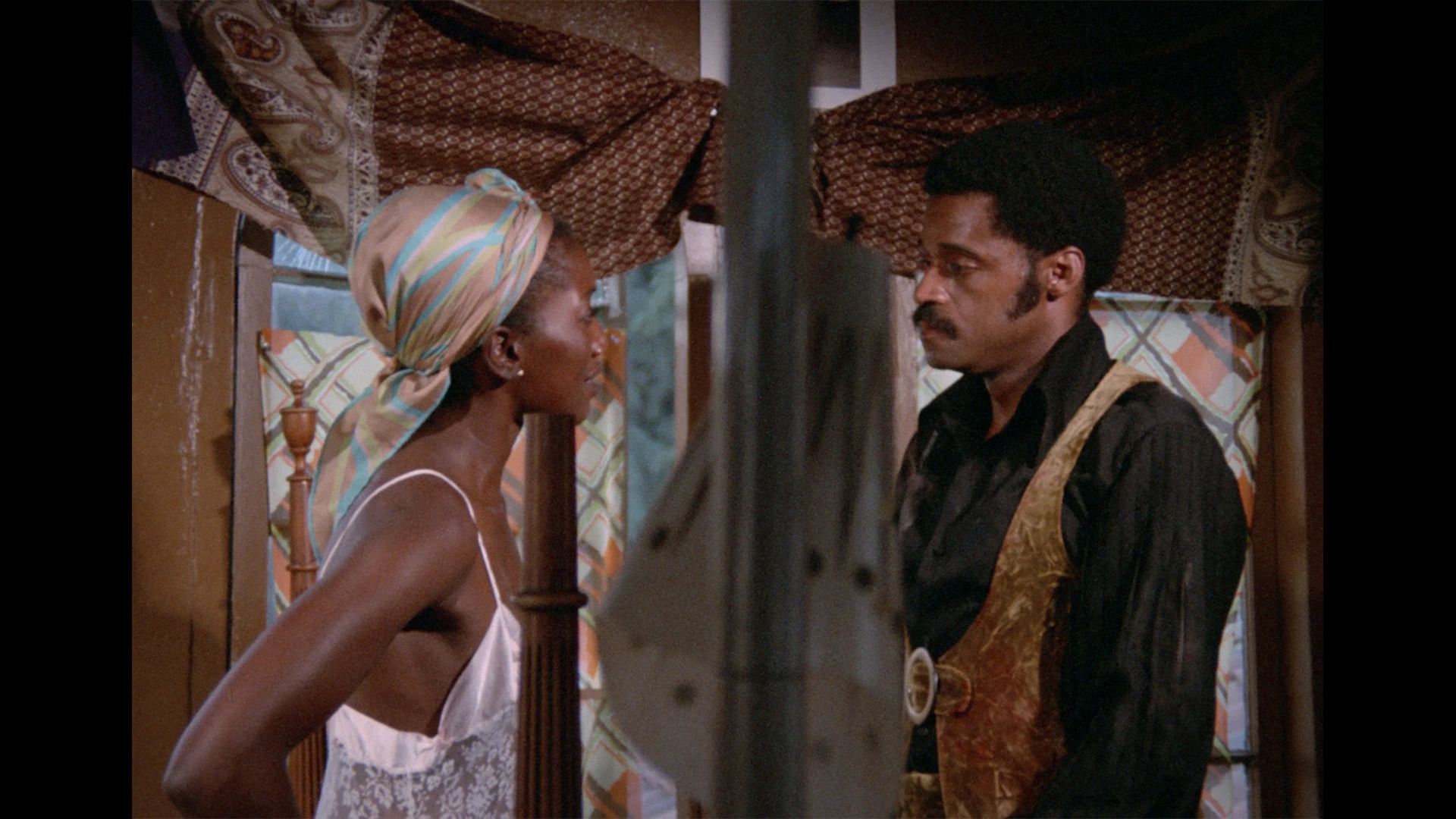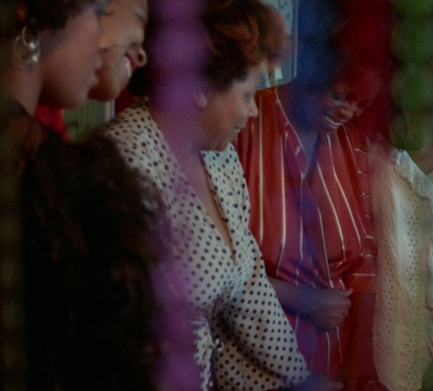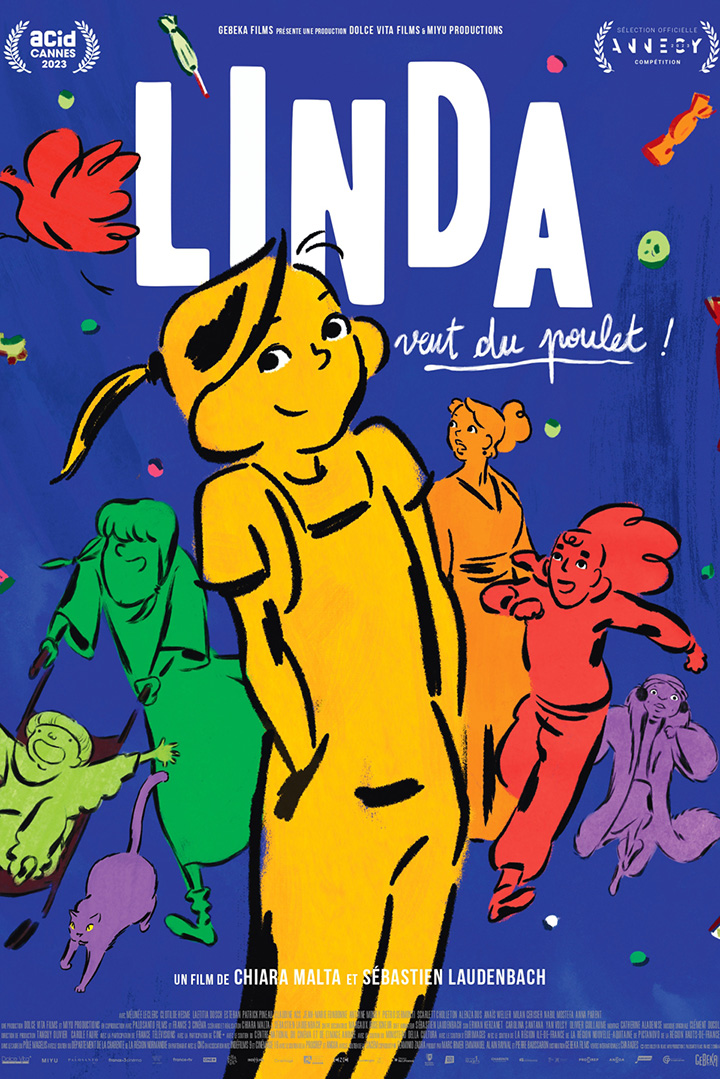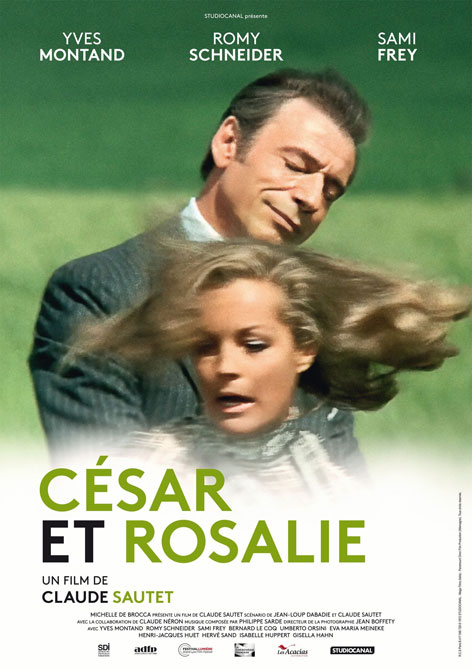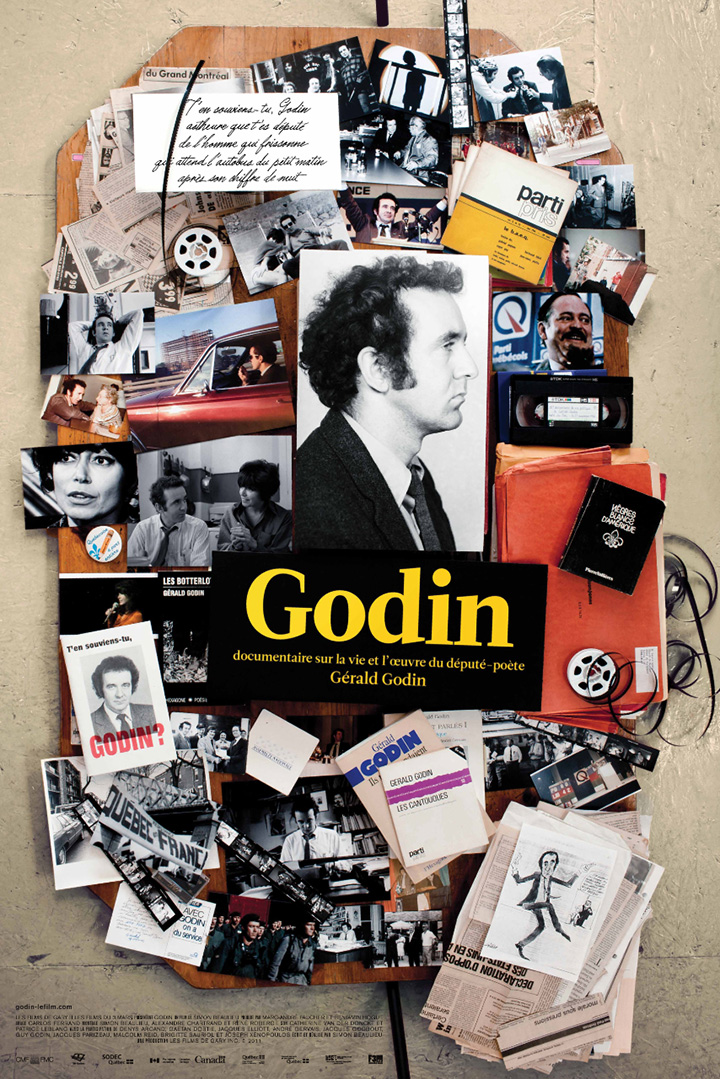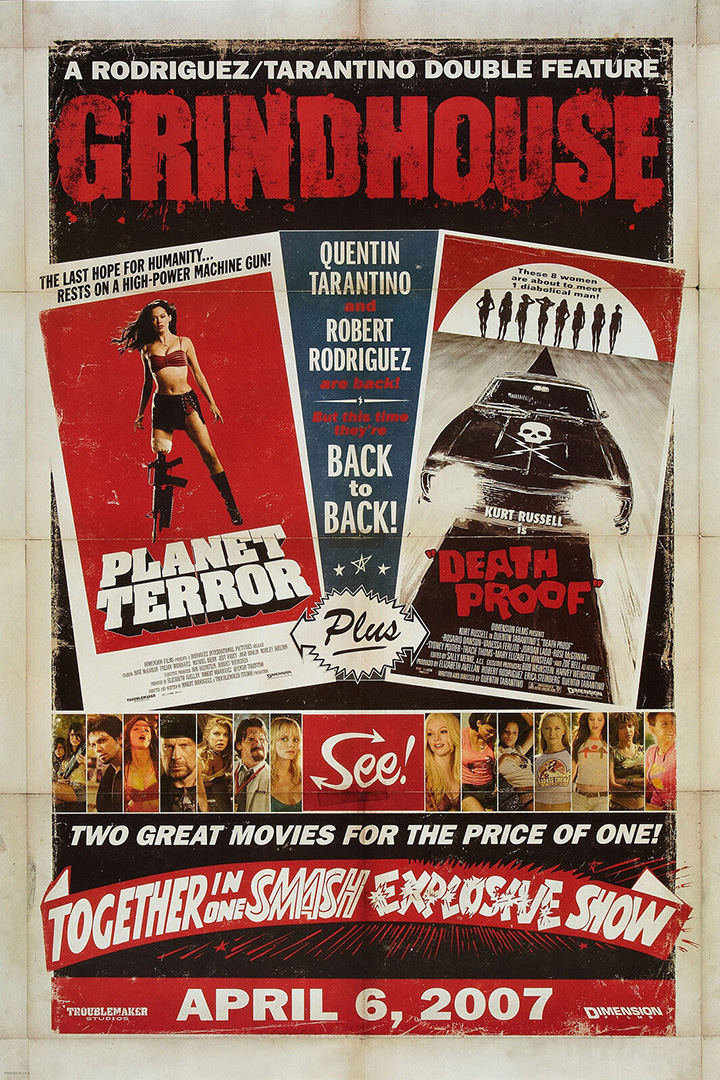Sweet Sweetback's Baadasssss Song
De mois en mois, le cycle récurrent Noir.e.s à la caméra permet de découvrir des œuvres réalisées ou produites par des cinéastes africain.e.s ou afrodescendant.e.s, tout au long de l’histoire du cinéma.
Après avoir sauvé un Black Panther des mains de policiers racistes, un prostitué noir fuit "l'homme" avec l'aide de la communauté du ghetto et de quelques Hells Angels désabusés.
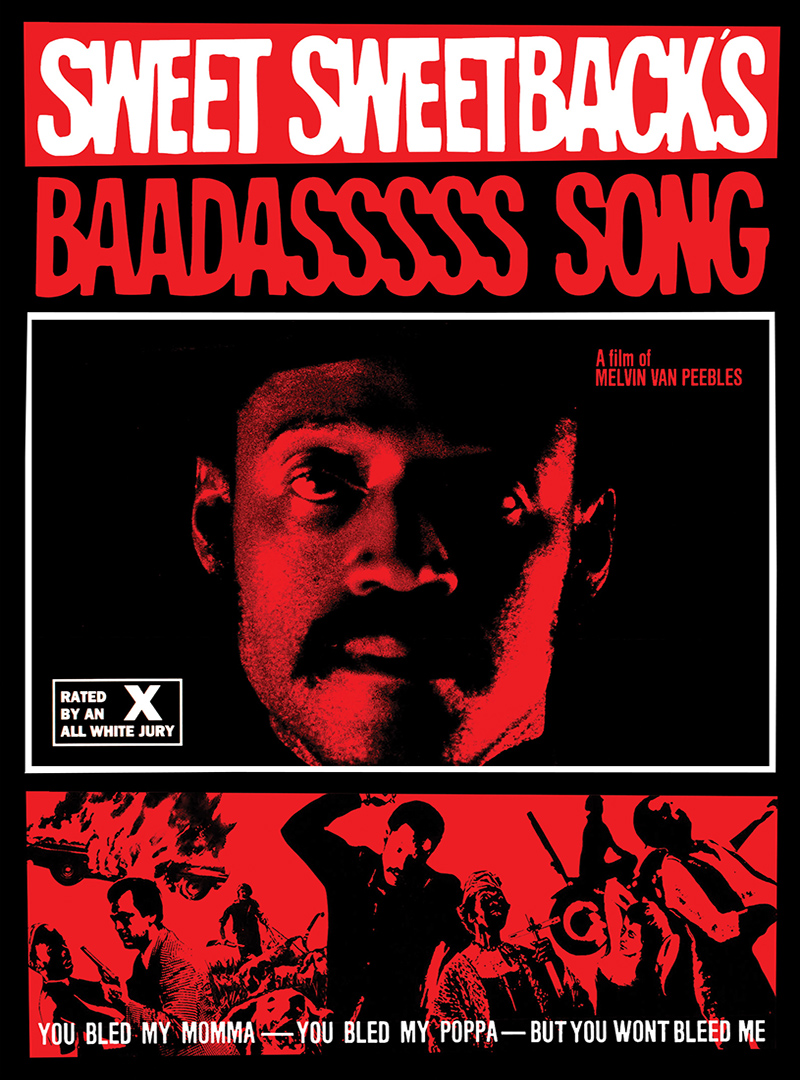
Melvin Van Peebles
Melvin Van Peebles (né le 21 août 1932 à Chicago, Illinois, États-Unis) est un acteur, scénariste, réalisateur, compositeur, producteur et monteur américain. En France, Van Peebles apprend la langue. Il est embauché pour traduire le magazine Mad et collabore au magazine Hara-Kiri. Avant d'entrer à Hollywood, Van Peebles réalise un film en France, La permission. Le film est primé à San Francisco en 1968. Son premier film à Hollywood est Watermelon Man, une comédie écrite par Herman Raucher. Van Peebles écrit et dirige ensuite son film le plus connu, Sweet Sweetback's Baadasssss Song. Ce film rencontre un succès énorme et marque le début de la Blaxploitation, l'émergence d'un mouvement cinématographique fait par et pour les Noirs. (Wikipédia)
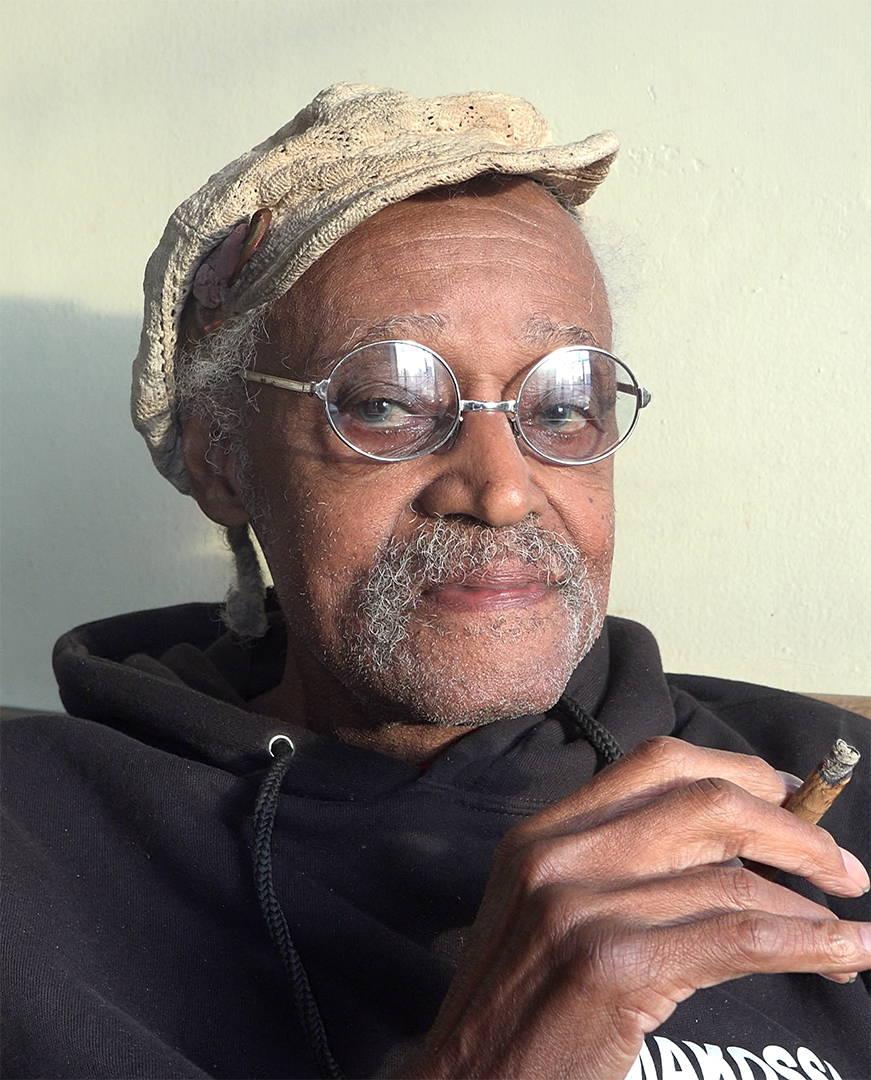
À explorer
Melvin Van Peebles and the Uncanny Score for Sweet Sweetback's Baadasssss Song
In 1971, Hollywood had hit a crossroads. Television was the medium of the moment, while public taste for musicals was at an all-time low, and America's film industry was on the verge of bankruptcy. That summer, MGM—the same studio that brought a warm and fuzzy romanticism to the race relations of the Antebellum South in 1939's Gone With the Wind—released a movie about a Black P.I. hired by a Harlem mobster, created on a shoestring budget of $500,000 and starring Richard Roundtree in the lead role, who up to that point had mostly played in commercials. Shaft turned over $13 million, turning around MGM's fortunes and inspiring the massive wave of Blaxploitation movies that would characterize the early '70s and change the face of American cinema. It remains one of the genre's figureheads, spinning out into a five-film franchise. The progression of Shaft reads something like a case study in the co-option of radical ideas by commercial interests, the films brought rapidly into the ideological mainstream at the same time as their production values skyrocketed...
